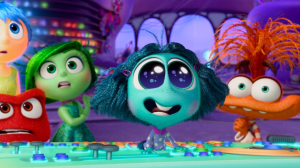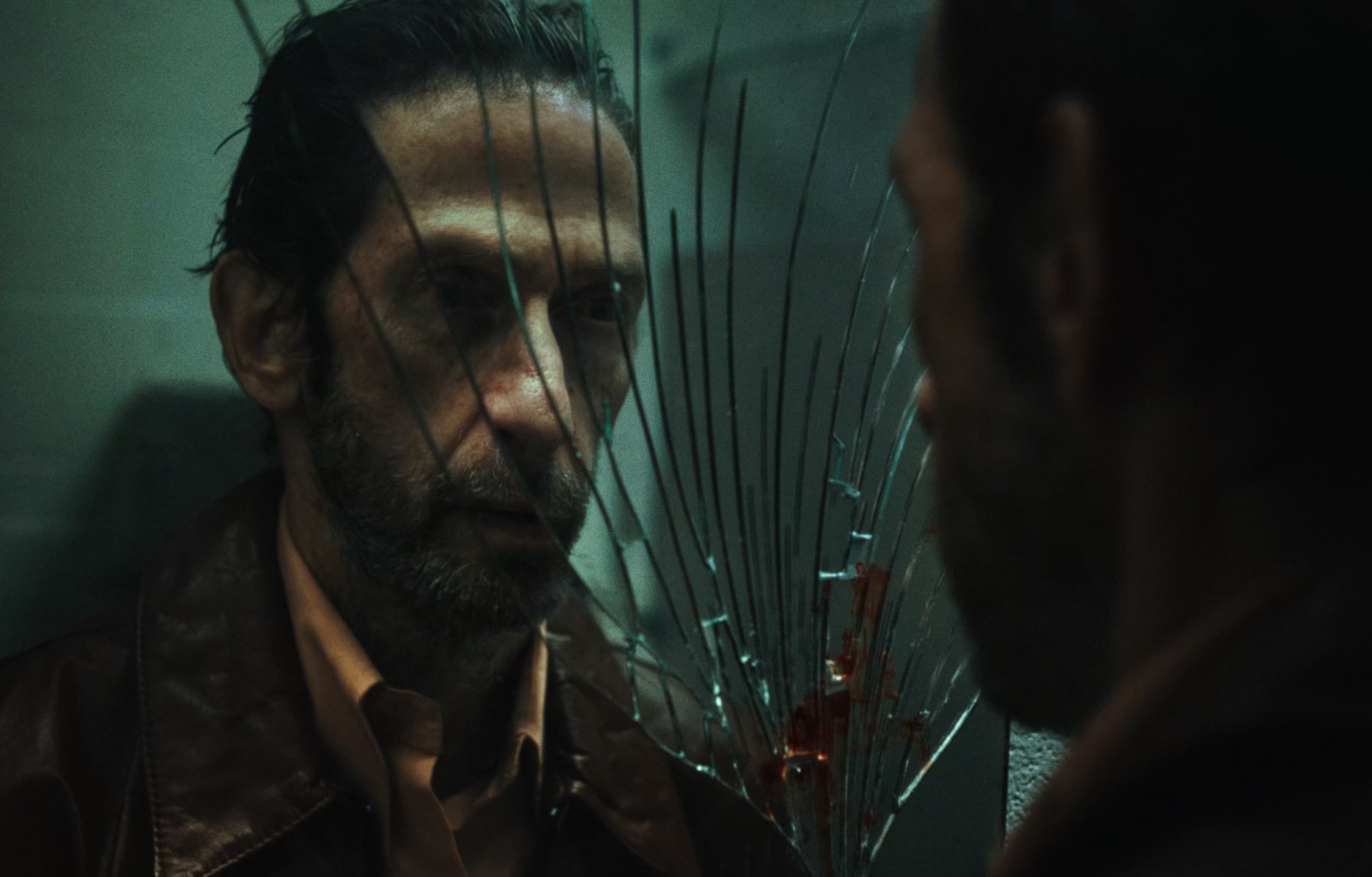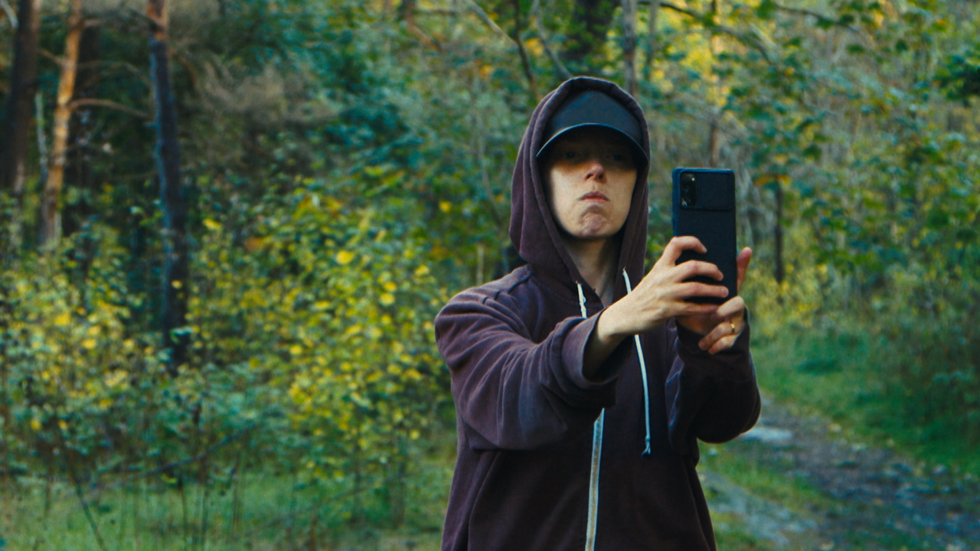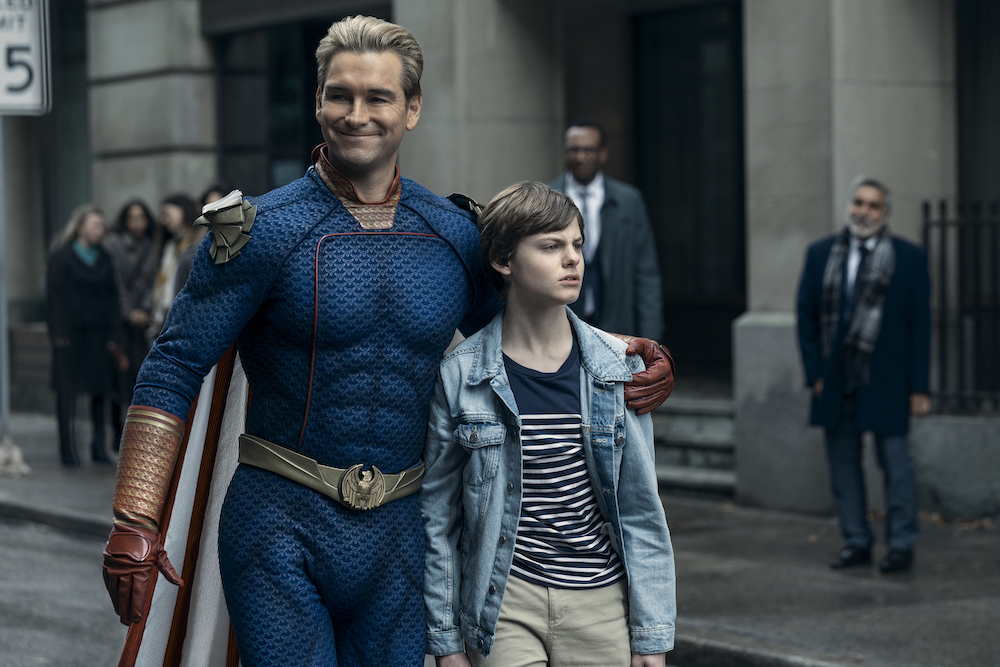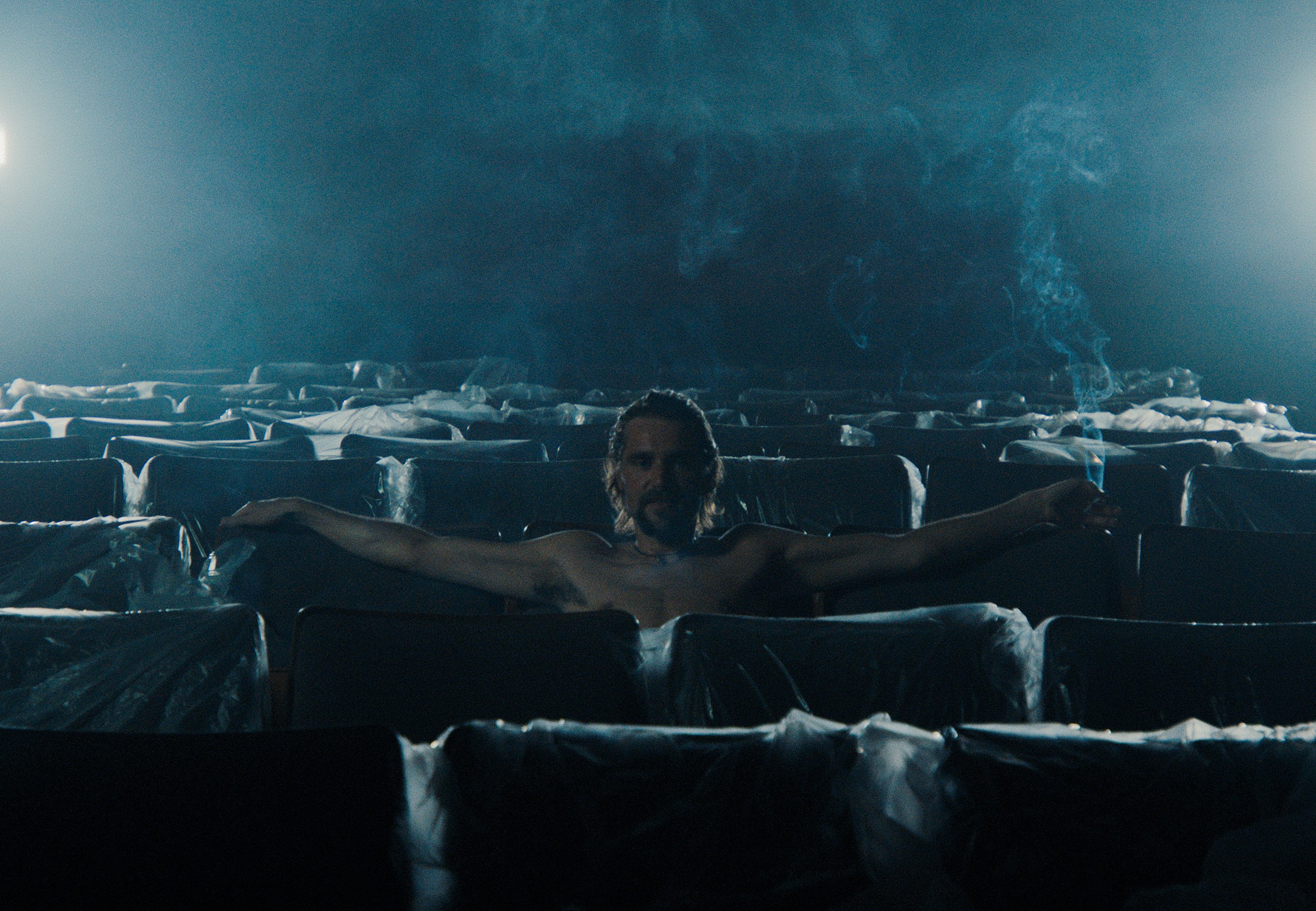By providing your information, you agree to our Terms of Use and our Privacy Policy. We use vendors that may also process your information to help provide our services. This site is protected by reCAPTCHA Enterprise and the Google Privacy Policy and Terms of Service apply.
‘Ghostlight’ Review: ‘Saint Frances’ Team Returns with Another Tender Gem About the Power of Human Connection
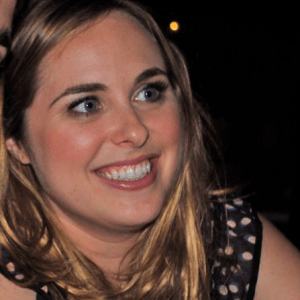
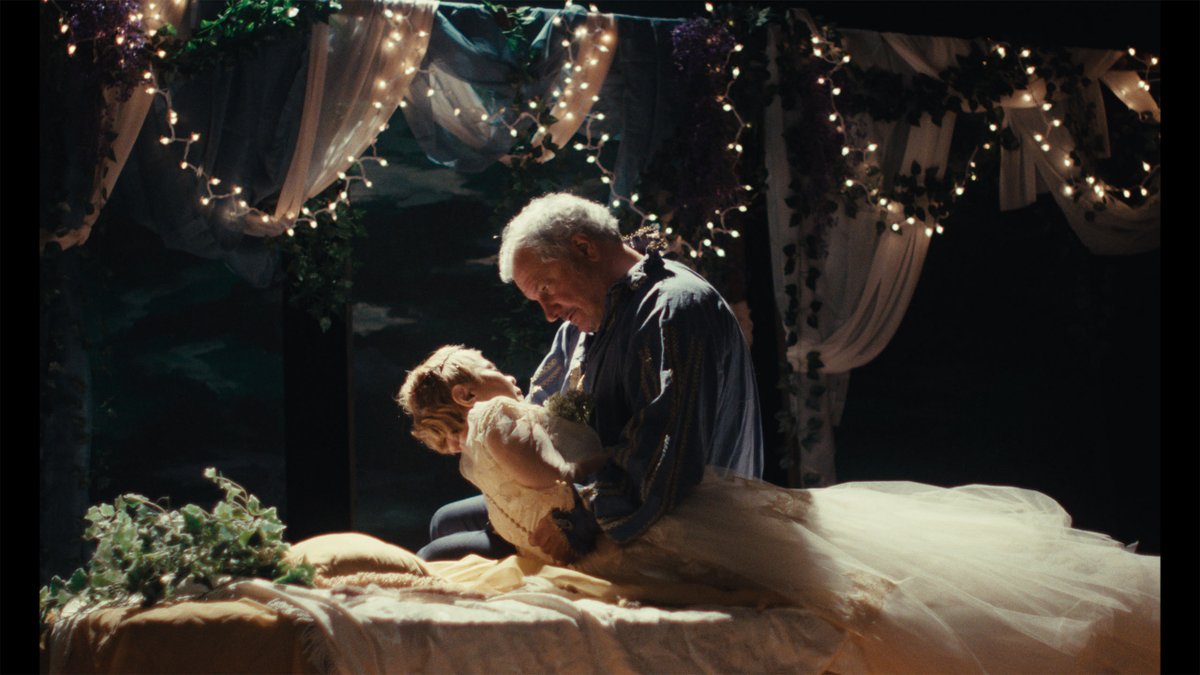

Most reviews of Kelly O’Sullivan and Alex Thompson‘s tender dramedy “Ghostlight” are likely to start with a definition of the title (as Playbill tells us, “a single bulb left burning whenever a theatre is dark,” and one that might be in place to chase away bad spirits to boot), but we’ll try to subvert that expectation a bit here (after all, that’s just what O’Sullivan and Thompson do).
Instead, we’ll open with a quote from this publication (and this very writer) on the pair’s uncanny knack for making gems that have loglines that don’t (that can’t) do justice to the tales they spin. The pair’s first feature, the similarly winning “Saint Frances,” packed what seemed like a downer of a description: “After an accidental pregnancy turned abortion, a deadbeat nanny finds an unlikely friendship with the 6-year-old she’s charged with protecting.” As the duo told IndieWire in 2021, “We struggled with that line too. It’s so funny, every time we describe the movie, we just want to say like, ‘We know, but—’” (that’s O’Sullivan), with Thompson cutting in, “It’s funny! It’s good!”
Such is the case with the pair’s follow-up “Ghostlight” (this time around, screenwriter O’Sullivan joins Thompson behind the camera for her feature directorial debut), which also sports a seemingly sad logline: “When a construction worker unexpectedly joins a local theater’s production of ‘Romeo and Juliet,’ the drama onstage starts to mirror his own life.” That’s all true, but it’s also, just like “Saint Frances,” funny and good. And, in all that funniness and goodness and very real drama, something rare: a film that makes you marvel at the pleasure of storytelling as an actual practice, not an oft-repeated buzzword with little actual emotion behind it.
Of course, this story could not be told without players on the stage, including a real-life acting family forming the heart of the film. Keith Kupferer is Dan Mueller (the construction worker of the synopsis), with his wife Tara Mallen starring as Dan’s wife Sharon (a theater teacher and the soul of the family), plus their daughter Katherine Mallen Kupferer (who some may recognize from last year’s charming “Are You There, God? It’s Me Margaret”) as their troubled daughter Daisy.
We know things aren’t right in the Mueller family long before O’Sullivan and Thompson ever-so-delicately dole out the details of a tragedy that still pulls at the trio. It involves a looming lawsuit, the sense the family is incomplete, unsaid feelings, and an ultimate reveal too artfully handled to be spoiled here. O’Sullivan and Thompson are aces at tucking themes, concepts, and ideas into their films that, in other directors’ hands, might feel a bit cheesy or chintzy. Instead, the duo handles them with the utmost respect and care. Audiences may eventually start to see where this is heading and how it will all braid together, but that doesn’t dilute the joy of seeing it actually unfold.
It’s that tragedy that haunts Dan, making him volatile, mad, and sometimes outright mean. After an on-the-job outburst is witnessed by a local community theater group (led by a delightful Dolly De Leon, who plays the spiky and outspoken Rita), Dan finds himself unexpectedly pulled into their orbit. He doesn’t know much about the production they are putting on (even if it is the most famous Shakespeare play), a detail that takes on added resonance when we learn about Sharon’s job and Daisy’s own theatrical streak. Dan could have been a theater buff this whole time, just like the ladies in his life, but he’s been too stuck in his ways (and his pain) to see the magic of one of our oldest art forms.
But Rita and her “Island of Misfit Toys” compatriots — a motley crew who all get their moments to shine — change that, slowly intriguing Dan enough that the man just keeps showing up at their rehearsals. One day, he’s barely able to get out a line; the next, he’s gotten the hang of iambic pentameter (Daisy has, unknowingly, helped). But while that might sound a little too easy, it’s not. Dan struggles. Sharon struggles. And Daisy? Well, Daisy feels everything, times two (Mallen Kupferer is just delightful as a potty-mouthed teen with a heart of gold). Yet, as Dan starts to slip more deeply into the magic of the theater, even the ramshackle type of community theater Rita and her crew embody (hell, maybe because of that ramshackle-ness), he can’t help but change, evolve, grow. Turns out, being around people can be… nice?
O’Sullivan and Thompson gently fold their story together, finding humor and heart at every turn (even a subplot that briefly hinges on Sharon and Daisy believing Dan is having an affair with Rita is handled with the utmost grace), leading to the kind of ending that somehow inspired the film’s very first audience at Sundance to laugh and cry. Again, we know how this sounds, but — it’s funny! and good! And a reminder of how bright a light one story can shine on everyone.
Grade: A-
“Ghostlight” premiered at the 2024 Sundance Film Festival. It is currently seeking distribution.
By providing your information, you agree to our Terms of Use and our Privacy Policy. We use vendors that may also process your information to help provide our services. This site is protected by reCAPTCHA Enterprise and the Google Privacy Policy and Terms of Service apply.
